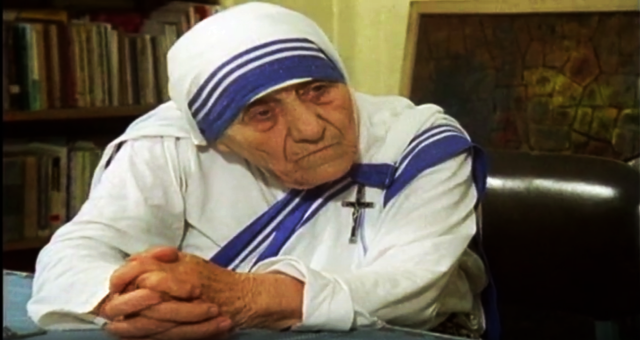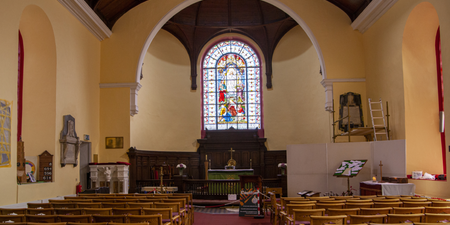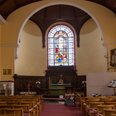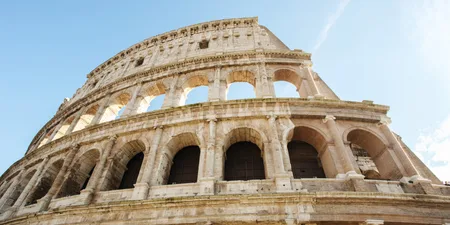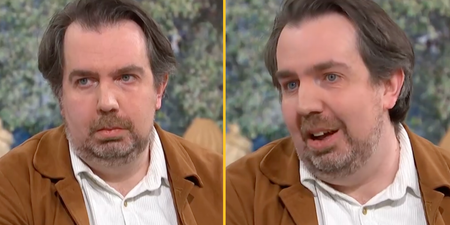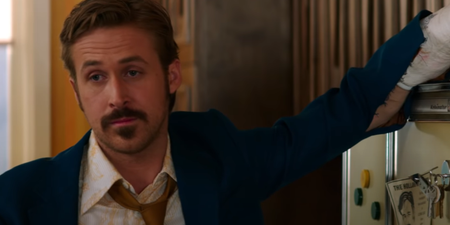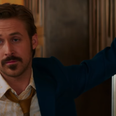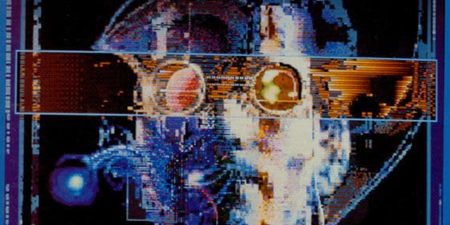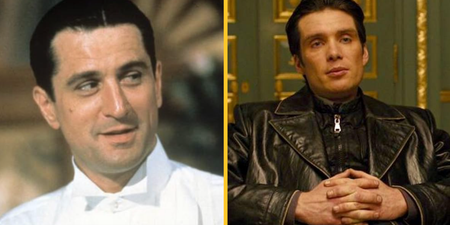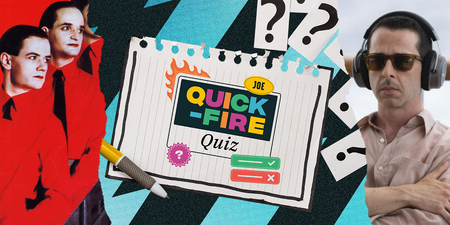Mother Teresa has officially been made a saint.
Mother Teresa is arguably one of the most recognisable figures in the Catholic church and most people would likely be able to identify her name and face easier than those of the last few popes.
Mention her name and people will immediately associate it with generosity, her work in India, her Nobel prize, an image of her tiny frame carrying a tiny child might even come to mind. She is, for many, among the most charitable, selfless individuals to have walked among us and an example of goodness we should try and emulate.
Her quotes of mercy and love have broken through generational boundaries and now appear on Instagram to the background of sunsets and ocean waves. Her appeal is widespread and crosses divisions of popular culture and religion. British singer Rita Ora was just one who honoured her canonisation by singing at a vigil in the Vatican over the weekend.
https://www.instagram.com/p/BJ-I_z8BYDa/?tagged=motherteresa
“A lying, thieving Albanian dwarf”
For years before her death in 1997 and in the 19 years since, Mother Teresa has been lauded in the media, held up high as an icon of peace and benevolence. Her charity was not questioned, her good deeds weren’t interrogated and the millions she received in donations were reportedly never audited.
The controversy surrounding her is not new, it’s just not very popular.
Mother Teresa became the subject of investigation when accounts of her dogmatic Catholicism began to circulate. Her reputation for aiding Kolkata’s poorest was undercut by persistent allegations of misuse of funds, poor medical treatments and religious evangelism in the institutions she founded.
Dr. Aroup Chatteree, a native of Kolkata, wrote a book in 2003 which researched the “cult of suffering” in homes run by Mother Teresa’s organisation, the Missionaries of Charity. Over years of research, he uncovered accounts of children tied to their beds, nothing but aspirin being given to dying patients and hypodermic needles being reused.
Multiple accounts have also emerged of Mother Teresa attempting to convert the sick and baptising the dying.
Christopher Hitchens, who made a documentary, Hell’s Angel, about the new Saint, famously dubbed her “a lying, thieving Albanian dwarf”. He continued his criticism of Mother Teresa in his book, The Missionary Position.
Fake miracles
To qualify for beatification, the first step in the process of Sainthood, Mother Teresa needed to have performed a miracle from the afterlife. There is scepticism around the authenticity of this.
The miracle involved a Bengali woman who claimed that a beam of light emerged from a picture of Mother Teresa, which she happened to have in her home, and relieved her of a cancerous tumor.
Her physician, however, Dr. Ranjan Mustafi, says that she didn’t have a cancerous tumor in the first place and that the tubercular cyst she did have was cured by a course of prescription medicine.
Why, critics ask, when the miracle that Mother Teresa was supposed to have performed have been disproved, would the church continue on this path of canonisation?
Perhaps, as Hitchens suggests, because Mother Teresa is the most successful image the Catholic church has succeeded in creating in the last century. She was charismatic in her appearance, she had an ability to pen quotes of love and she was adored by celebrities including Princess Diana.
Mother Teresa is for the Catholic Church a pillar of positive publicity on which they can continue to build.
https://www.instagram.com/p/BDyftijl8Ix/
Anti-contraception
Mother Teresa publicly denounced contraception and reproductive rights, denouncing abortion as “the great destroyer of peace” in her Nobel Prize acceptance speech. In Kolkata, a city that was over-populated and desperately poor, Mother Teresa warned against all contraception and promoted abstinence as a means of family planning.
By opposing reproductive control, Mother Teresa was in many ways condemning the ‘poorest of the poor’ to a life ruled by the same forces of poverty that generations of Indians had lived through before.
https://www.instagram.com/p/UvHtW5xMxh/?taken-by=motherteresalove
Her adherence to the strictest of Catholic teachings included writing to the people of Ireland in 1997 to tell them to vote against the Divorce referendum. Saying that the children of divorce would grow up to be “spiritually poor” and that it “breaks, destroys and causes terrible temptations. Divorce is one of the biggest killers of family, love and unity”.
Questions over Mother Teresa’s benefactors also remain. Christopher Hitchen’s documentary pointed to her relationships with dubious figures all around the world, including Haitian dictator Jean-Claude Duvalier and the corrupt American financier Charles Keating. She accepted their donations and, in return, supported their causes.
Mother Teresa is a Saint, yet the controversy over the realities of her charitable care continue to emerge after her death. Her positive influence on the Catholic Church’s public image however is unlikely to be affected by the details.
Christopher Hitchen’s documentary, Hell’s Angels, is available below.
https://www.youtube.com/watch?v=65JxnUW7Wk4
Clip via Anti-Theist
LISTEN: You Must Be Jokin’ with Aideen McQueen – Faith healers, Coolock craic and Gigging as Gaeilge
